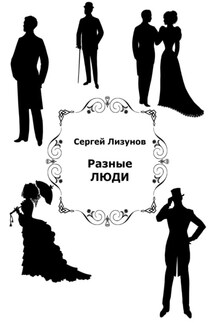The Professor - страница 30
It did not require very keen observation to detect the character of the youth of Brabant, but it needed a certain degree of tact to adopt one’s measures to their capacity. Their intellectual faculties were generally weak, their animal propensities strong; thus there was at once an impotence and a kind of inert force in their natures; they were dull, but they were also singularly stubborn, heavy as lead and, like lead, most difficult to move. Such being the case, it would have been truly absurd to exact from them much in the way of mental exertion; having short memories, dense intelligence, feeble reflective powers, they recoiled with repugnance from any occupation that demanded close study or deep thought. Had the abhorred effort been extorted from them by injudicious and arbitrary measures on the part of the Professor, they would have resisted as obstinately, as clamorously, as desperate swine; and though not brave singly, they were relentless acting en masse.
I understood that before my arrival in M. Pelet’s establishment, the combined insubordination of the pupils had effected the dismissal of more than one English master. It was necessary then to exact only the most moderate application from natures so little qualified to apply – to assist, in every practicable way, understandings so opaque and contracted – to be ever gentle, considerate, yielding even, to a certain point, with dispositions so irrationally perverse; but, having reached that culminating point of indulgence, you must fix your foot, plant it, root it in rock – become immutable as the towers of Ste. Gudule; for a step – but half a step farther, and you would plunge headlong into the gulf of imbecility; there lodged, you would speedily receive proofs of Flemish gratitude and magnanimity in showers of Brabant saliva and handfuls of Low Country mud. You might smooth to the utmost the path of learning, remove every pebble from the track; but then you must finally insist with decision on the pupil taking your arm and allowing himself to be led quietly along the prepared road. When I had brought down my lesson to the lowest level of my dullest pupil’s capacity – when I had shown myself the mildest, the most tolerant of masters – a word of impertinence, a movement of disobedience, changed me at once into a despot. I offered then but one alternative – submission and acknowledgment of error, or ignominious expulsion. This system answered, and my influence, by degrees, became established on a firm basis. “The boy is father to the man,” it is said; and so I often thought when looked at my boys and remembered the political history of their ancestors. Pelet’s school was merely an epitome of the Belgian nation.
Chapter VIII
And Pelet himself? How did I continue to like him? Oh, extremely well! Nothing could be more smooth, gentlemanlike, and even friendly, than his demeanour to me. I had to endure from him neither cold neglect, irritating interference, nor pretentious assumption of superiority. I fear, however, two poor, hard-worked Belgian ushers in the establishment could not have said as much; to them the director’s manner was invariably dry, stern, and cool. I believe he perceived once or twice that I was a little shocked at the difference he made between them and me, and accounted for it by saying, with a quiet sarcastic smile—








